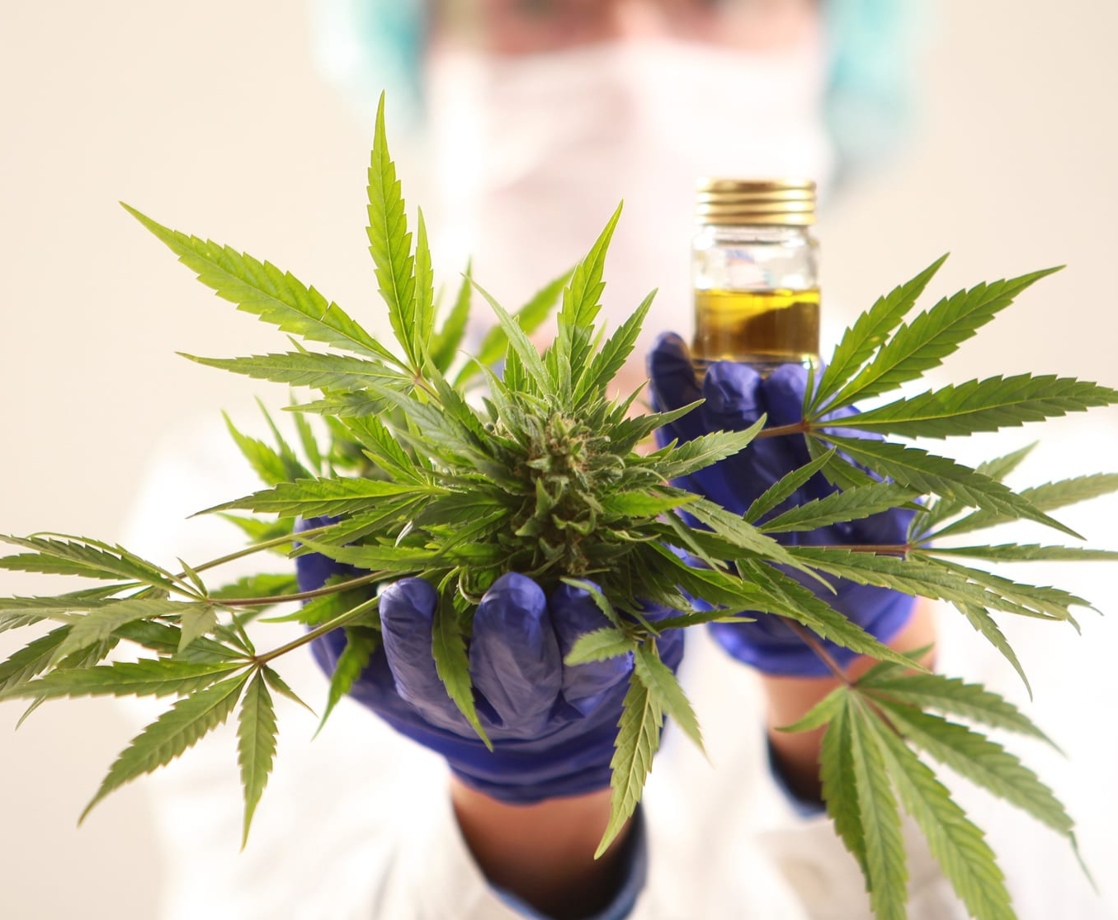Activists working to bring therapeutic psilocybin to Oregon just came up with a new plan to help their ballot initiative succeed.
Since last year, the Yes On IP 34 campaign has been working to place an initiative to legalize psilocybin-assisted therapy on this year’s general election ballot. The ballot measure, officially known as the Oregon Psilocybin Services Act, would allow therapists the freedom to cultivate, process, and administer “magic mushrooms” in clinical settings. In other words, this measure would not legalize recreational shroom use, but would allow licensed therapists to administer psilocybin to adults as an adjunct to therapy.
Supported by a generous donation from natural soap company Dr. Bronner’s, the campaign has managed to collect over 130,000 signatures in support of the measure. It only needed 112,020 signatures to get on the general election ballot, but there are usually thousands of signatures collected in every campaign that can’t be verified by election officials and are ruled as invalid or discarded.
For this reason, the campaign planned to collect another 15,000 signatures as a safety net. Unfortunately, social distancing measures brought on by the pandemic have made door-to-door signature collection impossible.
Tom Eckert, one of the activists leading the campaign, noted that psilocybin-assisted therapy is even more of a priority than ever, given the mental health toll that the COVID-19 pandemic is taking on the general public. “The stressors associated with the pandemic will undoubtedly push [rates of mental illness] even higher, which further highlights the importance of this initiative,” Eckert told Marijuana Moment.
Now that door-to-door signature collection is banned, the campaign will move its efforts online. The group plans to organize its campaign efforts over video chats and will now attempt to solicit signatures via social media and by calling prospective voters on the phone. Any voter who is swayed by these efforts can download the petition form online, print it out, and mail it in.
“Qualifying for the November ballot will require a concerted effort from a broad base of volunteers and partners, as well as from Oregon voters who will have to step up and put a little more time in than would typically be necessary to sign this petition,” said chief campaigner Sheri Eckert, to Marijuana Moment. “We’ve been working for years to build a formidable coalition of healthcare professionals, veterans, and advocates of all kinds who believe that this psilocybin therapy initiative offers an important therapeutic option for many Oregonians, and we will not let the current challenges discourage our efforts.”
Another Oregon ballot campaign by the Drug Policy Alliance, which is working to decriminalize the possession and use of all drugs in the state, is in a similar situation. The campaign has collected enough signatures to place their measure on the ballot, but activists are still hoping to collect additional signatures to ensure that their initiative can survive the verification process.
But lockdown derailed a number of psychedelics and cannabis reform campaigns in other states. In Washington DC, a campaign to decriminalize natural psychedelics failed to collect enough signatures to place their measure on the ballot, so they also moved their campaign online. Several other advocacy groups, like Decriminalize California, have begged their states to accept online signature gathering, but Montana cannabis activists have taken matters further by suing the state for the right to submit signatures online.
Other campaigns, including medical cannabis initiatives in Missouri and Idaho and an adult-use legalization bid in North Dakota, have simply given up for the time being, and plan to return next year, when the world hopefully has a semblance of normalcy.











